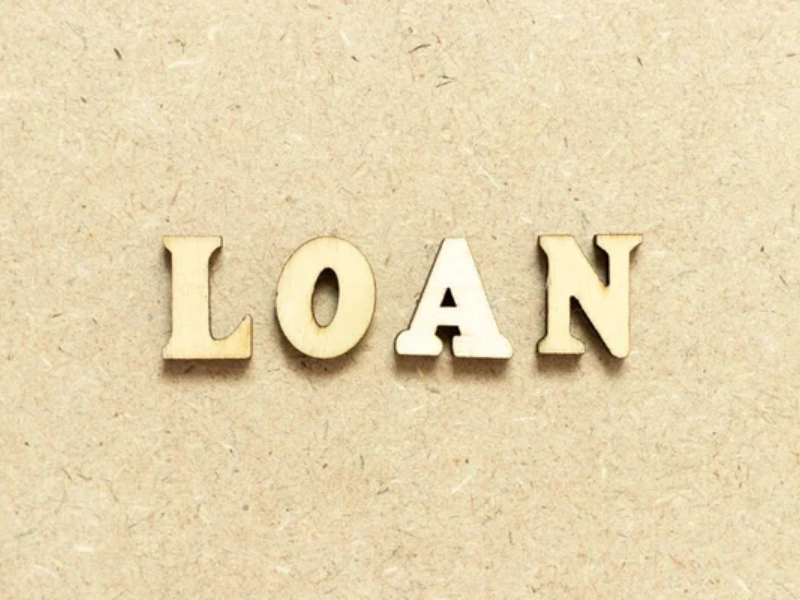Homeowners can lower their risk of past-due taxes or homeowners insurance by having a better understanding of mortgage escrow accounts and their mortgage payments. This is particularly crucial for those purchasing their first house. A percentage of your monthly mortgage payment is deducted by your mortgage servicer each month to cover homeowners insurance and property taxes. Your monthly escrow payment is then determined by your lender by dividing your annual cost for these things by 12 months.

 Because they seek to reduce the possibility that homeowners won't pay their insurance or taxes on time, lenders need escrow accounts. Additionally, they have a stake in seeing to it that the mortgage loan is settled in full.
When a homeowner has an escrow account, the mortgage lender or servicer makes these payments on their behalf. They are accountable for ensuring that the money is used for the appropriate reasons and that the bill is paid on time. The monthly mortgage payment made by the borrower includes the amount that is paid into the escrow account as well as an "escrow cushion" to cover unforeseen increases in insurance or tax expenses.
Although most of the time lenders will set up an escrow account as part of the mortgage closing process, homeowners may have some influence over whether or not they use one. By integrating all of the many costs into one monthly payment, it can make homeownership easier.
Because they seek to reduce the possibility that homeowners won't pay their insurance or taxes on time, lenders need escrow accounts. Additionally, they have a stake in seeing to it that the mortgage loan is settled in full.
When a homeowner has an escrow account, the mortgage lender or servicer makes these payments on their behalf. They are accountable for ensuring that the money is used for the appropriate reasons and that the bill is paid on time. The monthly mortgage payment made by the borrower includes the amount that is paid into the escrow account as well as an "escrow cushion" to cover unforeseen increases in insurance or tax expenses.
Although most of the time lenders will set up an escrow account as part of the mortgage closing process, homeowners may have some influence over whether or not they use one. By integrating all of the many costs into one monthly payment, it can make homeownership easier.
 The earnest money escrow held during the home-buying process is not the same as a mortgage escrow account. The lender or loan service provider calculates the annual property taxes and homeowner's insurance premiums when you purchase a home and then tacks on those sums as an escrow component to your monthly mortgage payment. The money in your escrow account is used by the lender to pay those bills as they become due.
Every year, your mortgage servicer does an escrow study to verify the accuracy of the expected payments for taxes and insurance. Your servicer may need to raise your escrow amount for the upcoming year if they aren't.
Because you'll have a reliable, automatic method of paying these yearly expenses, escrow accounts greatly streamline the mortgage process. This lessens the chance that lenders may face penalties such as late fees and potential property liens if borrowers fail to make these payments on schedule. It also means that planning and budgeting for these larger yearly expenses are much easier.
The earnest money escrow held during the home-buying process is not the same as a mortgage escrow account. The lender or loan service provider calculates the annual property taxes and homeowner's insurance premiums when you purchase a home and then tacks on those sums as an escrow component to your monthly mortgage payment. The money in your escrow account is used by the lender to pay those bills as they become due.
Every year, your mortgage servicer does an escrow study to verify the accuracy of the expected payments for taxes and insurance. Your servicer may need to raise your escrow amount for the upcoming year if they aren't.
Because you'll have a reliable, automatic method of paying these yearly expenses, escrow accounts greatly streamline the mortgage process. This lessens the chance that lenders may face penalties such as late fees and potential property liens if borrowers fail to make these payments on schedule. It also means that planning and budgeting for these larger yearly expenses are much easier.
 The primary advantage of having an escrow account is that it spares homeowners from having to pay hefty annual obligations in one go, such as property taxes and insurance. Rather, the lender makes sure that the invoices are constantly current and these costs are paid monthly along with their mortgage payments.
Borrowers who consent to use an escrow account may also be eligible for a mortgage rate reduction from mortgage lenders. The escrow account approach can also assist borrowers in budgeting their monthly payments and lower the possibility of overspending or failing to make any payments at all.
It's crucial to remember that escrow accounts do hog money that could be utilized in other ways, which is why some borrowers decide against opening one. Furthermore, the expense of opening an escrow account could increase the closing cost for borrowers. This is due to the fact that in order to pay for anticipated tax and insurance costs, a borrower usually needs to deposit two or more months' worth of mortgage escrow payments at closing.
The primary advantage of having an escrow account is that it spares homeowners from having to pay hefty annual obligations in one go, such as property taxes and insurance. Rather, the lender makes sure that the invoices are constantly current and these costs are paid monthly along with their mortgage payments.
Borrowers who consent to use an escrow account may also be eligible for a mortgage rate reduction from mortgage lenders. The escrow account approach can also assist borrowers in budgeting their monthly payments and lower the possibility of overspending or failing to make any payments at all.
It's crucial to remember that escrow accounts do hog money that could be utilized in other ways, which is why some borrowers decide against opening one. Furthermore, the expense of opening an escrow account could increase the closing cost for borrowers. This is due to the fact that in order to pay for anticipated tax and insurance costs, a borrower usually needs to deposit two or more months' worth of mortgage escrow payments at closing.